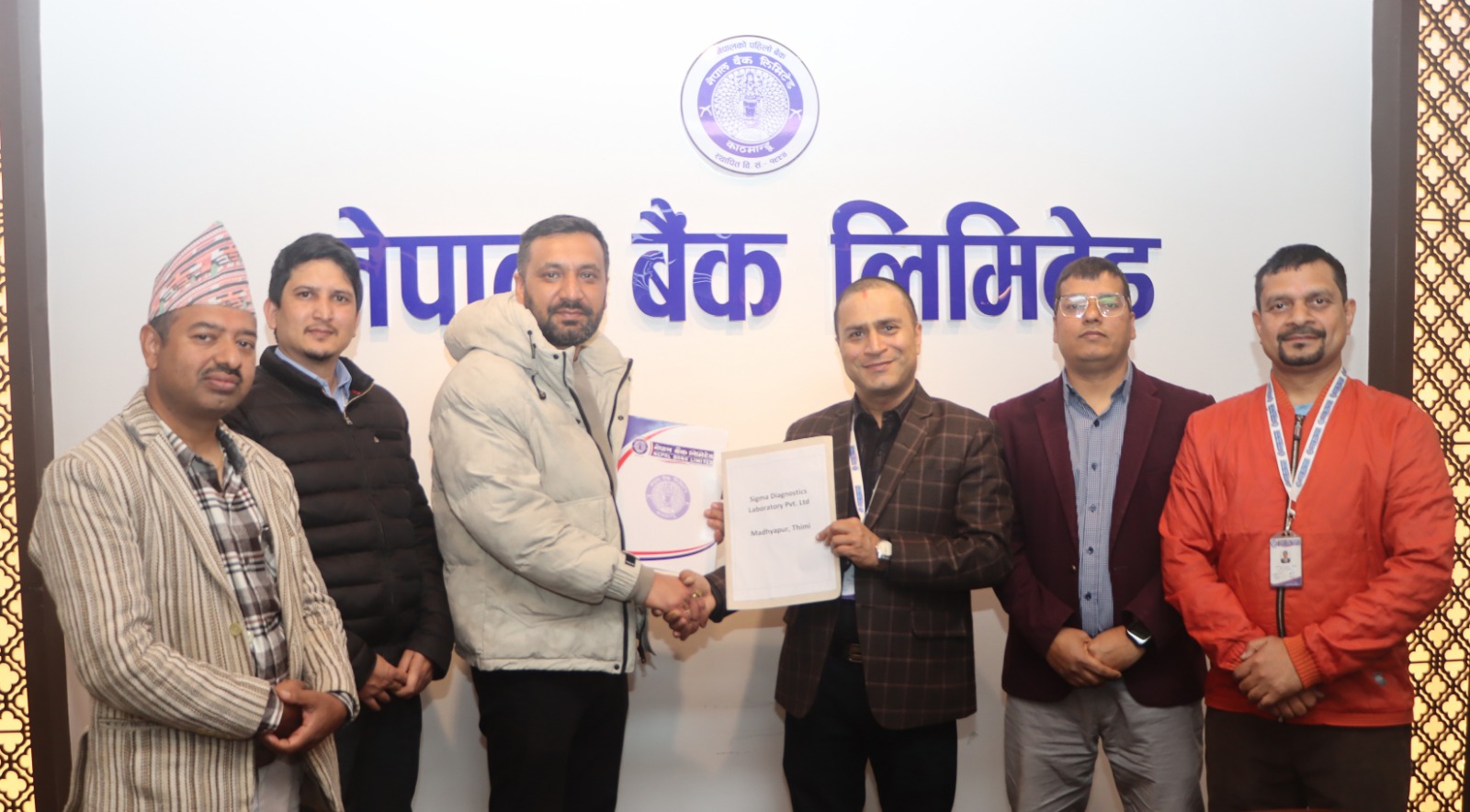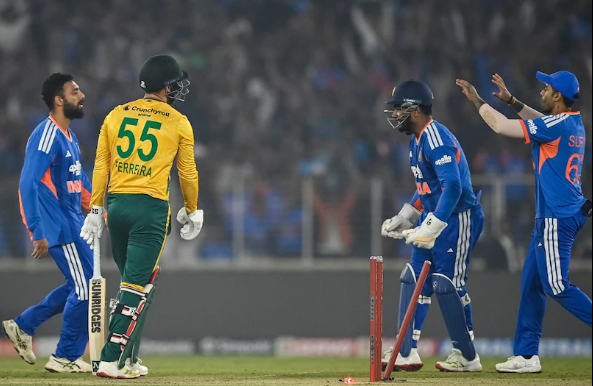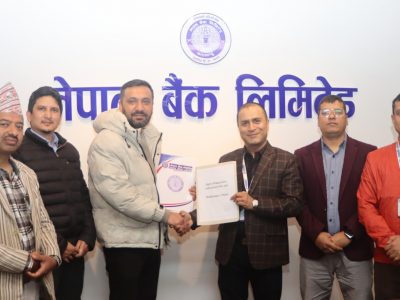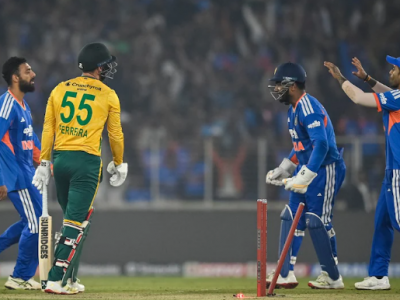Women’s presence lacking in Nobel Committees
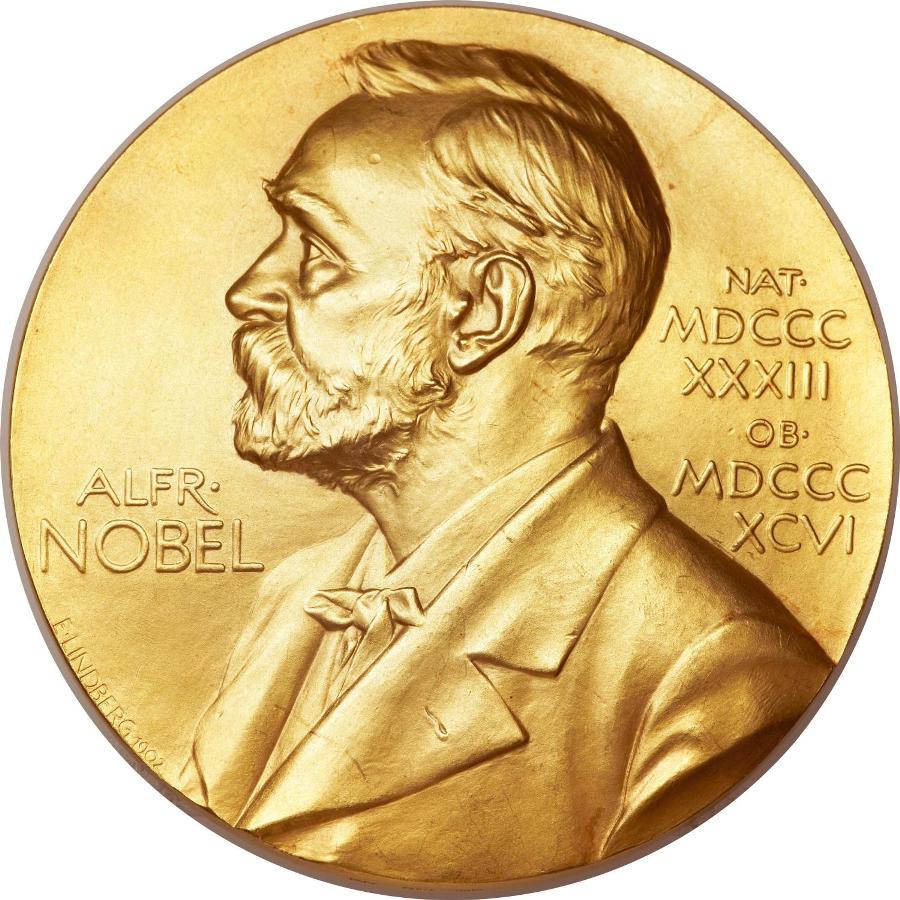
Kathmandu. The Nobel Prizes are awarded to distinguished individuals who have contributed to the fields of literature, natural sciences, global peace, and economics. Yet amongst those very few who get nominated and those who win the awards, women have received relatively lesser recognition. Even fewer seats are actually accorded to women within the Committees that passes decisions on who are to be honored within the ceremonies.
The Lancet in trying to determine the issue in 2019, conducted a study titled ‘Representation of women among scientific Nobel Prize nominees.’ The report mentioned that a justification that could be posited would be that few women were actually involved in scientific research before 1966. However, even as participation has increased, women were “represented at low levels among Noble Prize recipients between 1967 and 2019.”
Hailing the achievements made by all the Laureates, the study maintained that, “Without recent coincident nomination data, determining the barriers in the nomination or selection processes that prevent deserving women from winning these awards is not possible. Thus, the Nobel Foundation should transparently report all nomination and gender data to date so we might better understand why the contributions of women scientists have not been fairly acknowledged.”
As per the Times of India, only 5 percent of all the Nobel Laureates are women. And within the committees responsible for the selection of those very Laureates, bar the Peace Committee, all others are mostly headed by men. While some progress has been achieved, representation of women is still low. The economics committee has 2 women out of 11 members, 3 out of 10 in the chemistry committee, 4 out of 18 in medicine and only 1 out of 7 in the physics committee.
Olav Njolstad, the secretary of the peace committee on the question of whether a higher number of women in the committee seats could result in more accomplishments by women being recognized, claimed that “It is not illogical to think that there is a connection between the increasing feminisation of the committees and the growing number of female laureates.”
Facebook Comment
latest Video
Trending News
- This Week
- This Month





